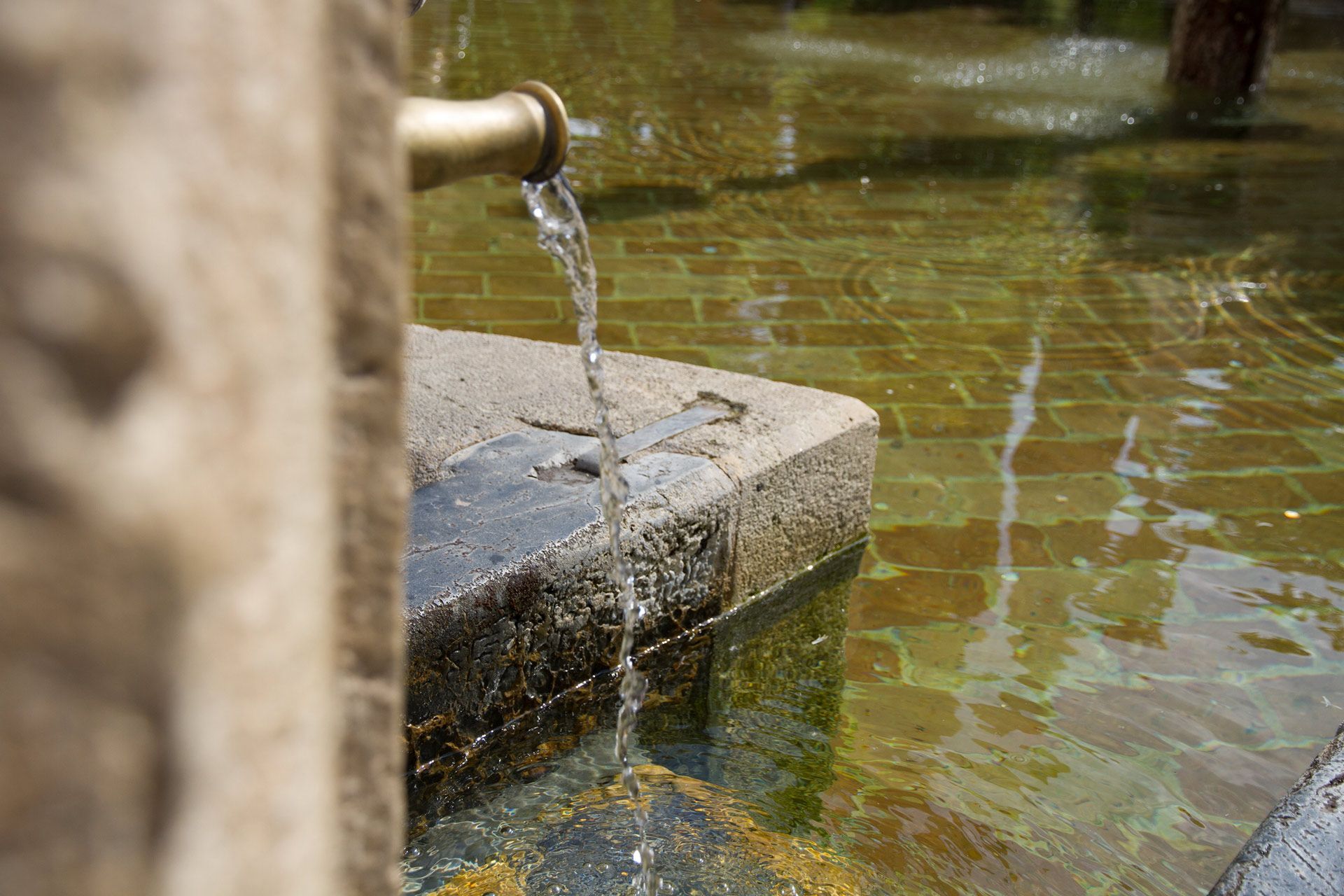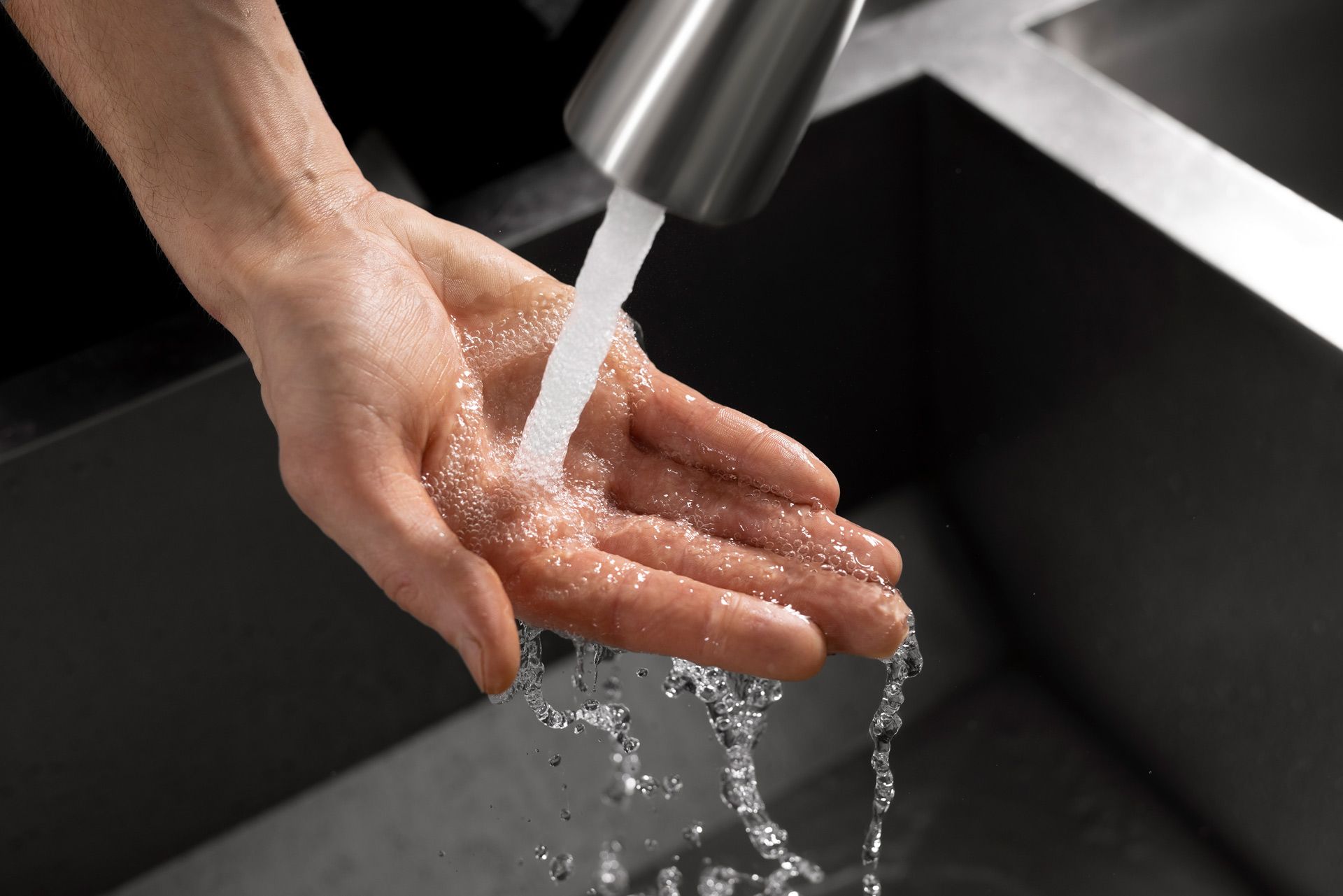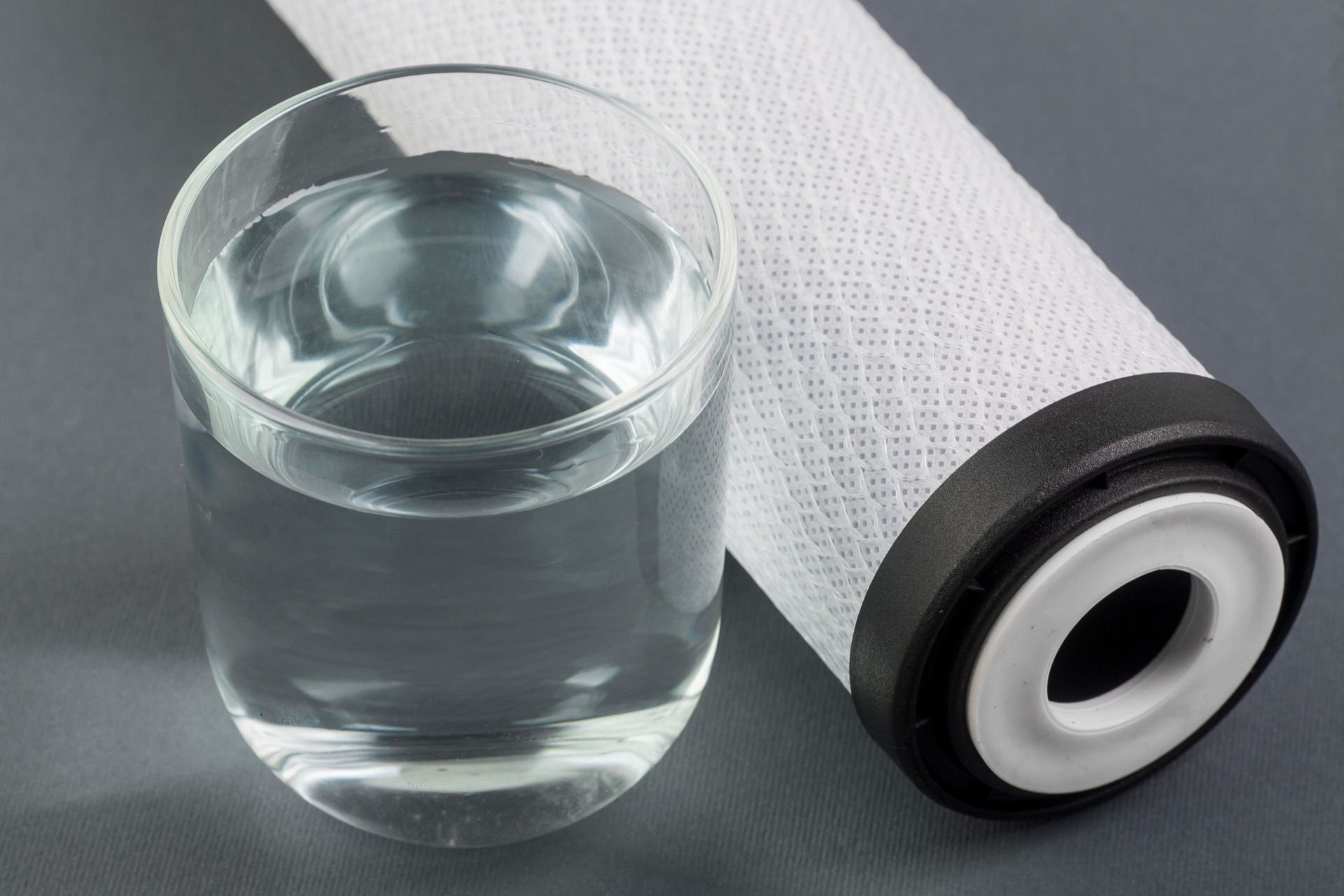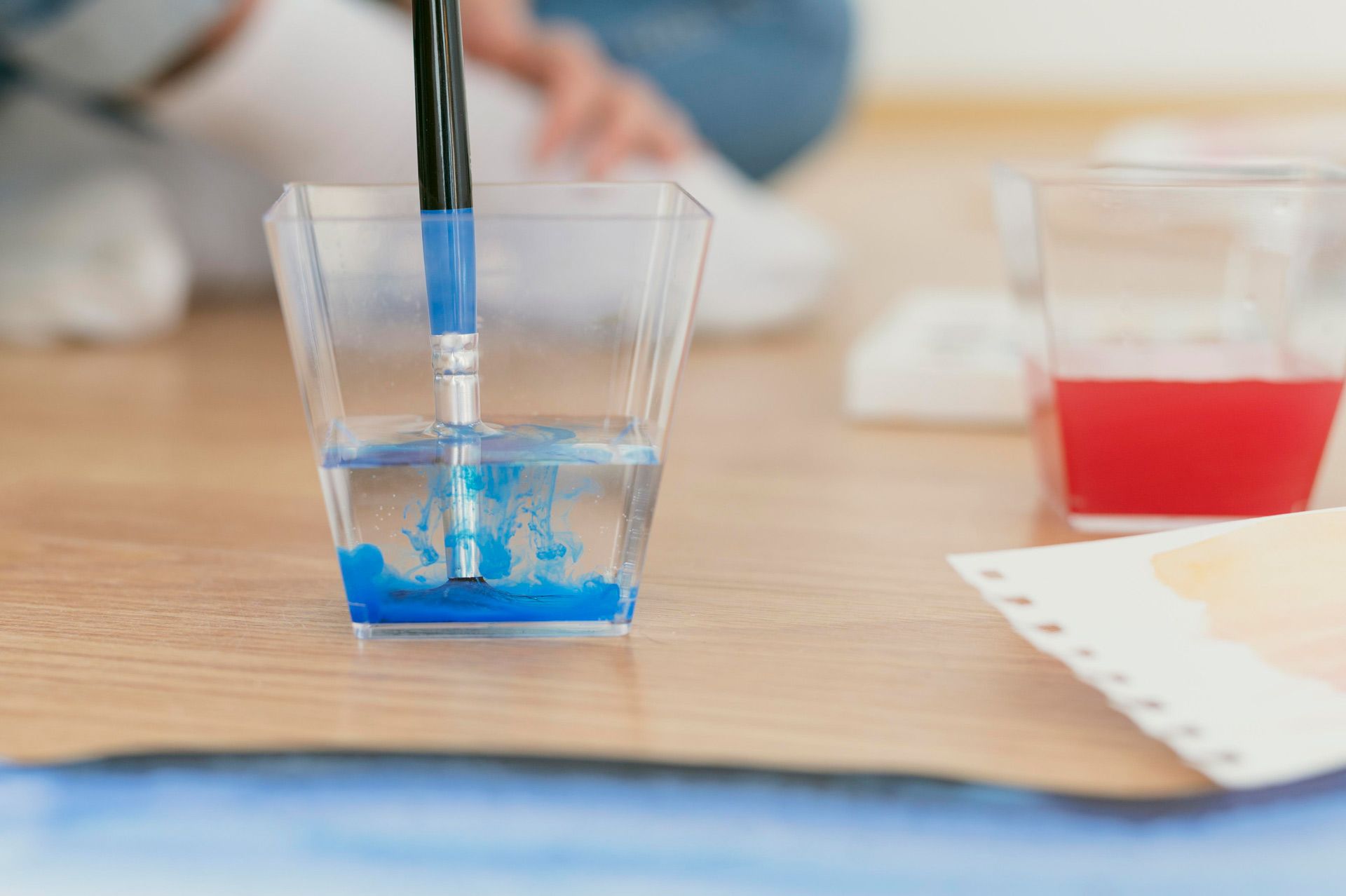Signs Your Water Softener Needs Repair in Franklin, IN
August 22, 2025
Signs Your Water Softener Needs Repair in Franklin, IN
Introduction – Spotting Trouble Before It Gets Worse
In Franklin, Indiana, hard water is a common problem. That’s why many homeowners rely on water softeners to protect appliances, reduce scale, and improve water quality. But what happens when your softener stops working the way it should?
Knowing the signs of a failing water softener can save you money on bigger repairs or premature replacement. In this guide, we’ll cover:
The most common symptoms of a water softener in need of repair
- What those signs actually mean
- When to call a professional vs simple DIY checks
- Local homeowner FAQs about water softener issues
Common Signs Your Water Softener Needs Repair
Water softeners don’t usually fail overnight. Instead, they show subtle warning signs that performance is slipping.
Unusual Taste or Smell in Water
If your water tastes salty, metallic, or has a foul odor, your system may not be filtering minerals properly. This often points to a clogged resin tank or malfunctioning valve.
Hard Water Symptoms Return
Spotty dishes, scale on faucets, or stiff laundry are classic signs your softener isn’t doing its job. This usually indicates a salt bridge, clogged resin, or a system that isn’t regenerating.
Low Water Pressure
Sediment buildup inside the softener can reduce water flow, creating lower pressure throughout the home. This is especially common in older systems.
Constantly Running or Not Regenerating
If your softener seems to run endlessly—or not at all—there’s likely a control head or timer malfunction. This is one of the most common repair issues.
Excessive Salt Use
If you’re refilling your brine tank far more often than normal, there could be a leak, clog, or failing control valve wasting salt.
Puddles or Leaks Around the Unit
Any sign of water pooling around the system indicates a leak in the tank, seals, or lines. These should be addressed quickly before they worsen.
Why These Signs Matter – How Repairs Work
Each symptom points to different underlying problems. Here’s a closer look at what they mean for Franklin homeowners.
- Taste and smell issues: Resin tank may need cleaning or replacement.
- Hard water stains return: Often a regeneration cycle problem caused by control valve failure.
- Low water pressure: Usually buildup of iron or sediment in the system.
- Leaks and puddles: Tank cracks, worn seals, or failing connections.
Most of these problems are fixable. Repair costs in Franklin generally range from $150 to $700, depending on the part and labor.
Decision Guide – When to Repair vs Replace
When you notice signs of trouble, the first step is to determine whether a repair will solve the issue or if replacement is smarter.
Consider repair if:
- Your system is less than 10 years old.
- The problem is isolated (e.g., clogged resin, valve replacement).
- The repair cost is less than half the price of a new softener.
Consider replacement if:
- Your unit is 12–15+ years old.
- Multiple signs of failure appear at once.
- Repairs cost more than 50% of a new system.
- Your water still feels hard even after servicing.
FAQs – Franklin Homeowner Questions
How long should a water softener last?
Most systems last 10–15 years in Indiana with regular maintenance.
Can I fix my water softener myself?
Basic issues like salt bridging can be handled DIY. But valve replacements, leaks, or resin tank issues require professional service.
What’s the average repair cost in Franklin, IN?
Homeowners typically spend $150–$700, depending on the part.
Why does my water taste salty after softening?
This usually means the brine cycle isn’t flushing correctly, often due to a valve problem.
Should I replace my softener instead of repairing?
If your unit is over 12 years old or repairs are frequent, replacement is usually more cost-effective.
Conclusion – Take Action Before Issues Worsen
Your water softener is essential for protecting your Franklin home from hard water damage. By recognizing the signs of trouble—like poor water quality, leaks, or high salt use—you can act before small issues turn into major expenses.
For many homeowners, professional service makes the difference between a quick repair and unnecessary replacement. The best next step is to schedule a
water test and system inspection with a local expert. That way, you’ll know exactly what’s wrong and how to fix it.











